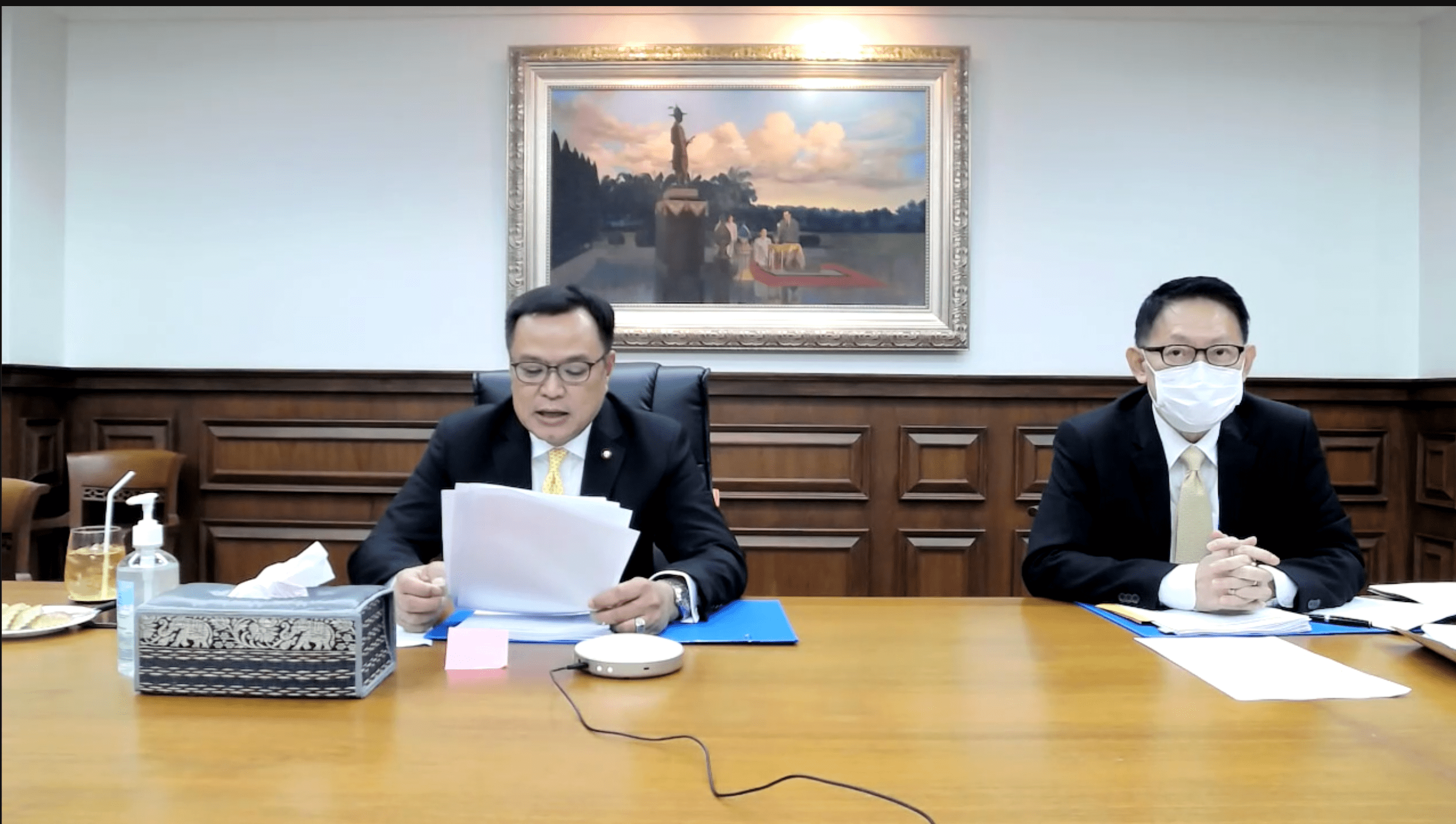
- Home
- DescriptionNews
CRRT new reimbursement rate

CRRT new reimbursement rate
The National Health Security Office (NHSO) has revised the reimbursement policy for hospitals providing continuous renal replacement therapy (CRRT), allowing more patients with acute kidney injury to access the treatment.
On February 7, the NHSO board chaired by Deputy Prime Minister and the Minister of Public Health Anutin Charnvirakul had a resolution on revising the CRRT reimbursement guideline based on the suggestion of the NHSO's subcommittee on the types and scopes of healthcare services.
The subcommittee's chairman Prof. Dr Prasobsri Ungthavorn said that the new reimbursement system would be based on a daily rate, reflecting the actual cost of CRRT treatment.
Hospitals providing CRRT to patients with acute kidney failure and in a critical stage can claim 15,000 baht for the first day of treatment and 10,000 baht per day in the following days. This new rate will be introduced on March 1.
In 2003-2017, the NHSO adopted fee-schedule payment for CRRT with a payment ceiling at 2,000 baht per day.
It shifted to Diagnosis-Related Group payment in 2018, discouraging some hospitals from providing the service. They were concerned that the payment would not cover the overall cost incurred during the treatment, which can take months until the patients fully recover.
"The new payment rate will motivate hospitals to provide CRRT to patients, who will have better access to the treatment in return," said the NHSO Secretary-General Dr. Jadej Thammatacharee.
"It's also cost-effective. It will cost us around 55,000 baht to provide treatment to a patient, while we paid around 56,000 baht per case under the Diagnosis-Related Group payment.
If there are more cases in future, we may consider negotiating the prices of dialysis fluid, which is the main cost incurred during CRRT."
CRRT is commonly used to provide renal support for critically ill patients with acute kidney injury, particularly patients who are hemodynamically unstable.
Acute kidney injury is a sudden episode of kidney failure that happens within a few hours or a few days, disrupting kidneys that help balance fluid in the human body. It can affect other organs such as the brain, heart, and lungs.
Prof. Dr Prasobsri said that CRRT is the best alternative treatment for patients with acute kidney failure, who usually couldn't be treated by other types of therapy due to their critical stage.
Some studies suggest that CRRT can help save healthcare budgets in the long term compared to intermittent hemodialysis, while the effectiveness of both types of treatment can be comparable.
Expanding access to CRRT is also applicable to Thailand, in which hospitals at all levels — from general, regional to university hospitals — can provide the treatment. Their capacity is yet full. It is estimated that each hospital can take up additional 48 patients for CRRT.
The Nephrology Society of Thailand reported that more than 164,000 patients received kidney failure therapy in all types combined in 2020, and around 6,580 had kidney transplantation.
Many people diagnosed with chronic kidney disease do not know they have the disease, similar to those with acute kidney injury who are unaware of their risks.

